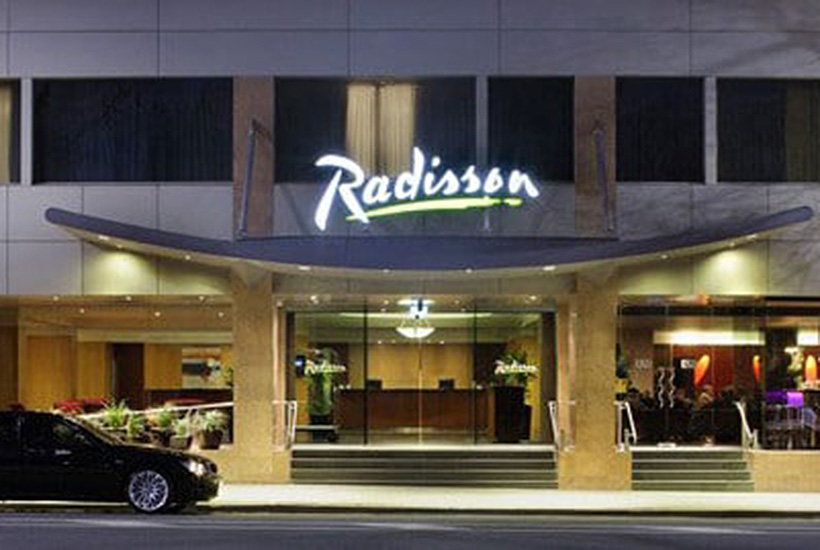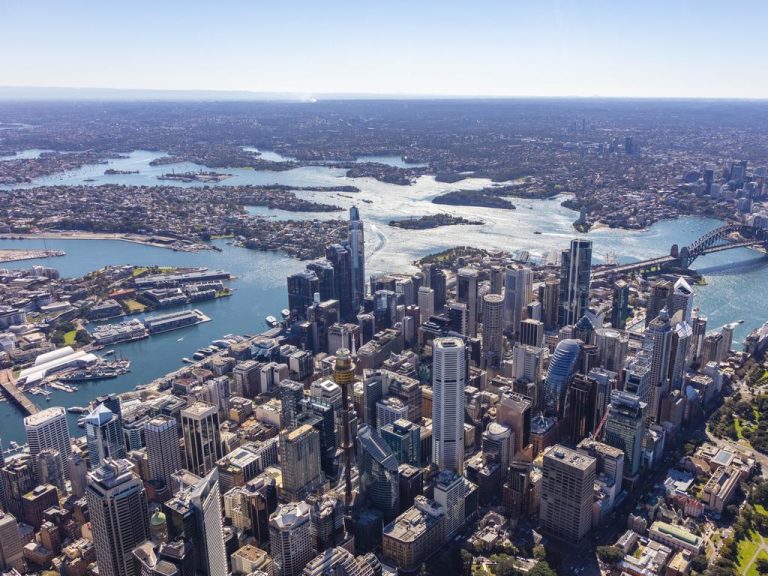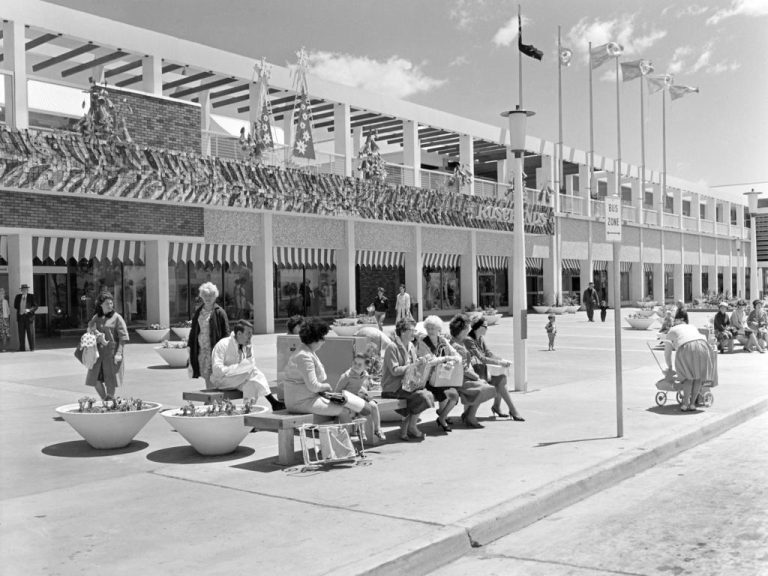Virgin’s HNA sells entire Radisson Hotel Group

Virgin Australia’s Chinese shareholder, HNA, has sold the Radisson Hotel Group as part of its long-term debt reduction strategy.
HNA, which has a stake of more than 19 per cent in Virgin, sold the US-based hotel group to China’s Jin Jiang group, which has now become the world’s seventh-largest hotel operator in a deal estimated to be worth about $US2 billion ($2.7 billion).
In a separate development, the US government over the weekend told HNA it had to sell its majority stake in a Manhattan skyscraper, whose tenants police tasked with protecting Trump Tower.
Commercial Insights: Subscribe to receive the latest news and updates
The US Committee on Foreign Investment in the United States, the government agency that reviews whether foreign investments in the US are national security risks, informed the Chinese company a couple of months ago it had to divest its holding in the building, sources said.
HNA is now trying to find a buyer for the Manhattan building to comply with the order.
In 2016, before Mr Trump’s election, the Chinese conglomerate acquired a 90% stake in the 21-storey tower on Third Avenue in a deal that valued the building at $US463 million, according to public records.
This and the Radisson sale represent another major step in HNA’s global sale process that has seen it divest more than $US17 billion in assets this year, including stakes in the Hilton hotel group and real estate holdings in Shanghai, London, Hong Kong and Sydney.
HNA is one of two Chinese shareholders in Virgin, the other being the Nanshan group, and each hold just under 20%.
HNA bought its stake in Radisson in 2016, as part of a global asset-buying spree that included stakes in Deutsche Bank, airline catering company Gategroup, aviation servicing company Swissport and properties around the world. Radisson also operates hotels in Sydney and Melbourne.
At its high point, the company is believed to have taken on more than $US90 billion in debt.
The company has also been reeling from the accidental death in July of its chairman and co-founder, 57-year-old Wang Jian, who fell off a cliff while posing for a photo during holidays in France.
One of the company’s arms, Hainan Airlines Holding, was temporarily suspended from trading on the Shanghai Stock Exchange in January this year pending news of a restructuring.
Over the past year it has been facing pressure from creditors and Chinese regulators to cut back its debt by selling non-core assets.
In July it was announced that HNA would not be going ahead with a $200 million deal to buy the refrigerated logistics business of the ASX-listed Automotive Holdings Group.
The sale of HNA’s stake in the Radisson group should help reduce financial pressure, allowing it to focus more on its core business of aviation.
The company’s origins date back to 1993 with the founding of Hainan Airlines by Chen Feng and other Chinese businessmen. Hainan Airlines owns more than 300 aircraft and serves more than 1400 domestic and international routes.
Virgin Australia chief executive John Borghetti has said he sees HNA as a long-term shareholder.
He has said the link with HNA was important in helping feed traffic into its new routes flying from Sydney and Melbourne to Hong Kong. The Melbourne-Hong Kong leg started last year.
This article originally appeared on www.theaustralian.com.au/property.







